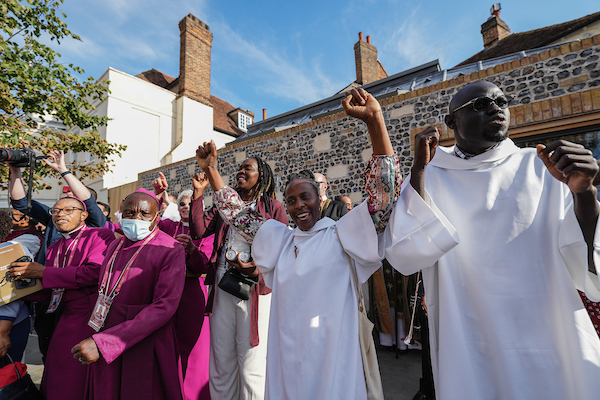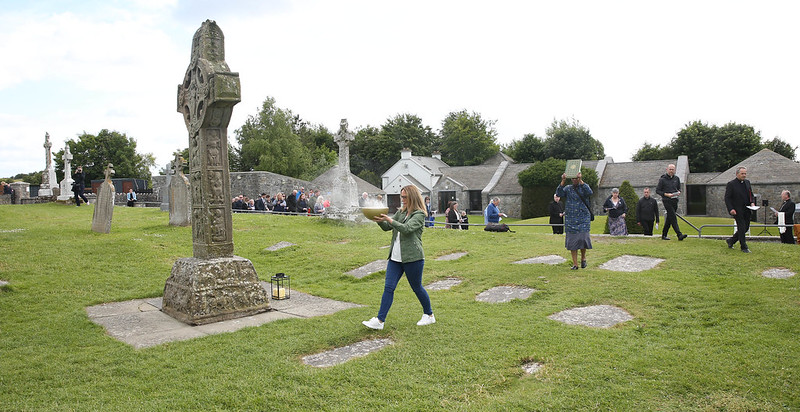A letter sent to the Irish Synodal Steering Committee by 500 young people insisting they do not want Church teaching to change has been described by a priest involved in the Diocese of Killala’s synodal listening process as “not a view that is generally representative of young people”.
Fr Brendan Hoban said the letter was “spectacularly out of sync” with the results of other surveys. He said the synodal approach meant all voices have to be listened to “but it doesn’t mean that all voices deserve equal attention. Context is important.”
One of the letter’s organisers, Maria Bridges, told the Irish Catholic newspaper that young Catholics feel they have been excluded from the synodal process in Ireland and the Church had not sought their opinion.
“As young faithful Catholics we fully accept and joyfully embrace Church teaching and practice, and do not wish for Church teaching to be changed or reformulated,” the letter states.
Speaking to The Tablet Fr Hoban said: “There are very different views on a great variety of issues today in the Catholic Church.” Referring to 500 signatures, he highlighted that 356 replies were received from young people in the Diocese of Killala alone. “There was no perceptible difference between the youth replies and the adults in terms of Church teaching,” he said.

The Mayo priest noted that the reports from the 26 Irish dioceses were remarkably aligned with each other and generally “surfaced the same priorities that needed to be dealt with”. He added: “It would be a pity if the clear and obvious findings were undermined by small numbers of marginal, special interest groups.”
Separately, representatives of Catholic Church Reform International (CCRI) have made a submission to the Synod Office in Rome following a series of gatherings of worldwide by representatives from Europe, Asia, North and South America, Africa and Australia/Oceania.
Common concerns expressed in the gatherings were “the acceleration of Catholics leaving the Church with young people being driven out in droves; the dysfunctional governance of the Church with far too many bishops regarding their roles as autocratic in nature seeking little or no engagement with the people of the Church for whom they are pastorally responsible”.
Other issues highlighted were the exclusion of women from administrative and ministerial roles and official teachings rejected by the sensus fidelium regarding sexuality and reproduction.
In a statement, CCRI said that despite cultural and regional differences, “we are in full consensus that these reforms are essential for the sustainability and future of our Church”.



 Loading ...
Loading ...